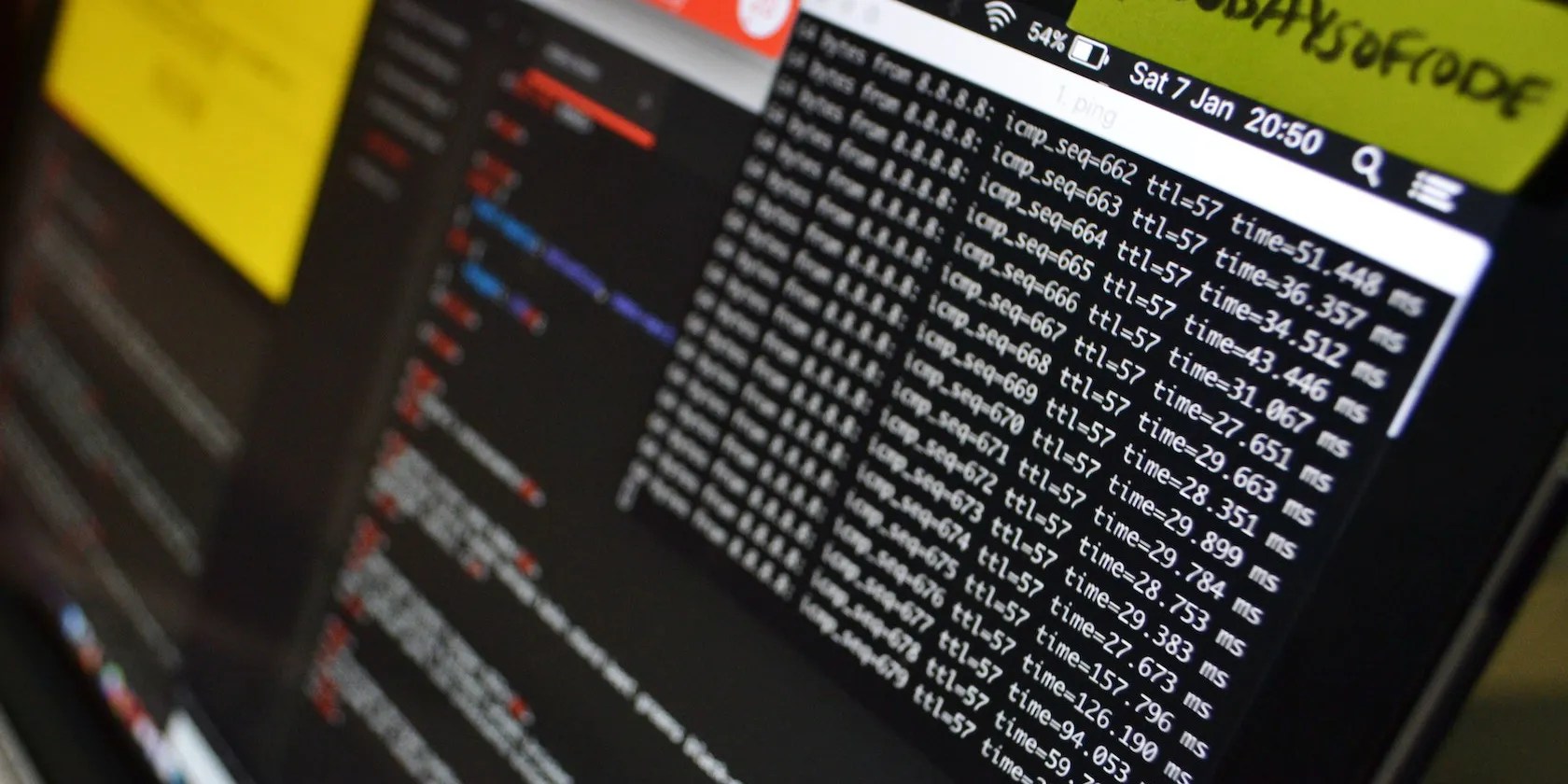How to Flush the DNS Cache in Windows
Keeping a huge DNS cache in your PC makes your internet searches super fast. However, it doesn’t come without costs. For all the speed and quick results that a DNS cache gives you, it ends up making you vulnerable to all sorts of privacy disasters like DNS Spoofing, Eavesdropping, and so on.
It’s a good practice to flush the DNS cache on your PC from time to time. So, read on to learn how to clear your PC’s DNS cache in a few seconds. But first, let’s look at what’s a DNS cache and why you should bother clearing one anyway.

Why Bother Flushing the DNS Cache at All?
Before we jump to clearing your DNS cache, let’s look at how the DNS cache, DNS server, and your searches fit in together. Remember how you get thrown a plethora of search results as soon as you hit the search button on your browser? The technology behind it is DNS Cache.
Briefly speaking, the DNS cache is a repository of all the search queries made by your browser to the DNS server, stored on your PC locally. But how does that work?

Whenever you look something up on your browser, under the hood, the browser will send a request to theDNS (Domain Name System) server, looking for the URL’s IP address. The browser then boots up the website as soon as it gets the address from the URL’s IP address. Make no mistake, though; this is a relatively lengthy process.
Whenever you access information over the internet, you use adomain name(a unique name assigned to a website). Examples include makeuseof.com, hotcars.com, etc.

Computers, however, and in this specific case, browsers, don’t understand this string of texts. They use what’s called an IP address, which is denoted by a complex set of numbers. This is where a DNS server comes in, acting as a phone book that maps all the IP addresses with their respective domain names.
As you can expect, the above process is relatively long. But by using the DNS cache on your PC, you can have your most frequently used DNS server data stored locally on your PC, speeding up your search results.

However, here’s the problem: Your DNS caches can quickly become corrupted over time, leaving you open to attacks from the outside. Take DNS Spoofing, for example.
Although we’ve covered it before,DNS Spoofing(also called DNS cache poising) happens when hackers introduce fraudulent data in the DNS servers, all in an attempt to redirect users to malicious websites.

So DNS cache can turn out troublesome quickly. This is why clearing your DNS cache from time to time will only dial up your cybersecurity. How can you go about doing this, then? Let’s find out.
Flushing the DNS Cache on Your Computers
You can easily flush the DNS cache on a Windows computer through the Command prompt. Here’s how:
As soon as you execute the above command, your DNS cache will be flushed.
Flush the DNS Cache on Your Browser
While theipconfig /flushdnscommand will clear the DNS cache on your Windows PC, it’s only half the battle; you’ll also have to clear your browser’s cache. You see, like your operating system, some browsers also have a DNS cache of their own. So, it’s important to flush that as well for optimum security.
If you’re using Google Chrome, follow the below steps to clear the cache:
That’s it. The DNS cache on your browser will be cleared instantly.
Flushing the DNS Cache on Your Windows Computer
Clearing your PC’s cache protects you from phishing and data scams. In fact, it can also help you fix your internet connection in some cases. This isn’t only applicable to Windows, though. Whether you’re using a Mac, a Linux, or even an Android, verify you clear the DNS cache of the system regularly.
Learn to flush the DNS cache on your Mac to fix a range of internet-related problems.
These plugins will make you wonder why you used Photoshop in the first place.
Lose your laptop without this feature, and you’ll wish you had turned it on.
I found my TV was always listening—so I shut it down.
The key is not to spook your friends with over-the-top shenanigans.
It’s not super flashy, but it can help to keep your computer up and running.